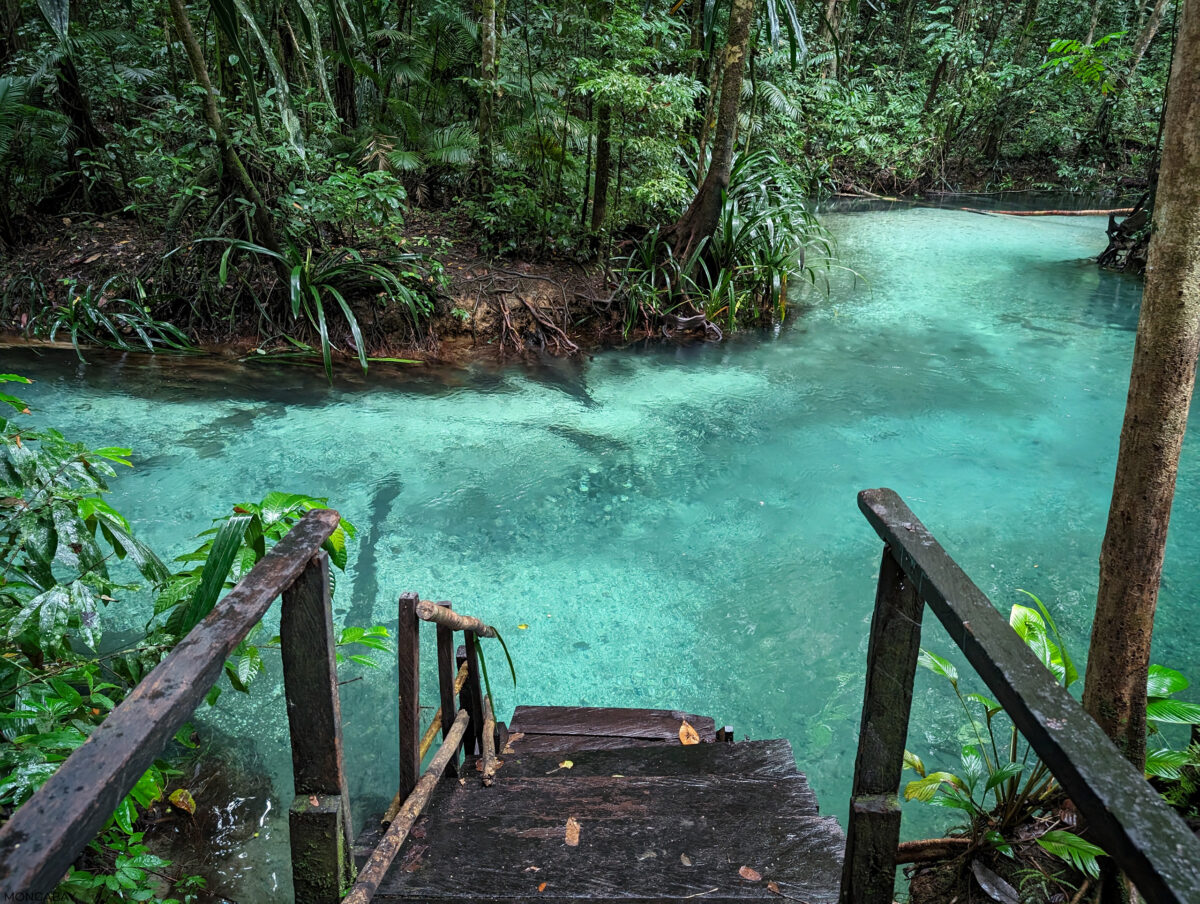For the first fifteen years of Mongabay, I wrote almost constantly. I was reporting from nature’s frontlines, producing investigative pieces, and drafting analytical articles at a relentless pace. Writing was my craft, my joy, and my connection to the world. But when Mongabay transitioned into a non-profit, I knew something would have to give. The transition meant leaving the creative work of writing for the less visible but essential tasks of management, operations, and fundraising, the work that sustains a non-profit and enables it to grow.
There was consolation in the shift. By stepping back, I could focus my efforts on securing resources that would enable Mongabay to attract and support journalists with greater skill and experience than mine. Their work has elevated the organization far beyond what I could have achieved alone. Still, the absence of writing left a hollow space. My words became confined to grant reports, internal communications, and pieces for donors—important, yes, but far from the kind of writing that first drew me to this path.
The pandemic reshaped things. With Mongabay disrupted, I began to experiment again. I launched interviews to keep stories flowing, and later started writing shorter reflections for social media—pieces that were less about breaking news and more about perspective. I began writing more obituaries too, not just for the famous figures of conservation, but for the quiet heroes whose lives of service often went unrecognized. Those tributes were difficult, but they carried meaning. They forced me to write with a different kind of care, with vulnerability, and with a recognition of lives lived in devotion to something greater.
This newer writing feels different. Instead of chasing headlines, it leans toward reflection, toward finding meaning in the stories behind the work. It has become a space to experiment with voice and form, to be more personal and less bound by convention. Beyond informing, it aims to connect—both with myself and with others. Shorter forms make it approachable, even when time is scarce. I find myself developing ideas and composing sentences while swimming laps at the community pool or walking through the woods, as if the rhythm of movement unlocks thought.
I write more now than I should, yet I see the gains clearly. Writing again has slowed time, made life feel fuller. It has become both outlet and anchor. The richness extends beyond me, too. Sharing pieces with my children has sparked their own curiosity about the natural world. My son now spends hours each week doing his part to better the local environment.
In rediscovering writing, I rediscovered a part of myself. It is imperfect and sometimes doesn’t land with an audience, but it has added depth to my days, a quiet richness I had not realized was missing.

